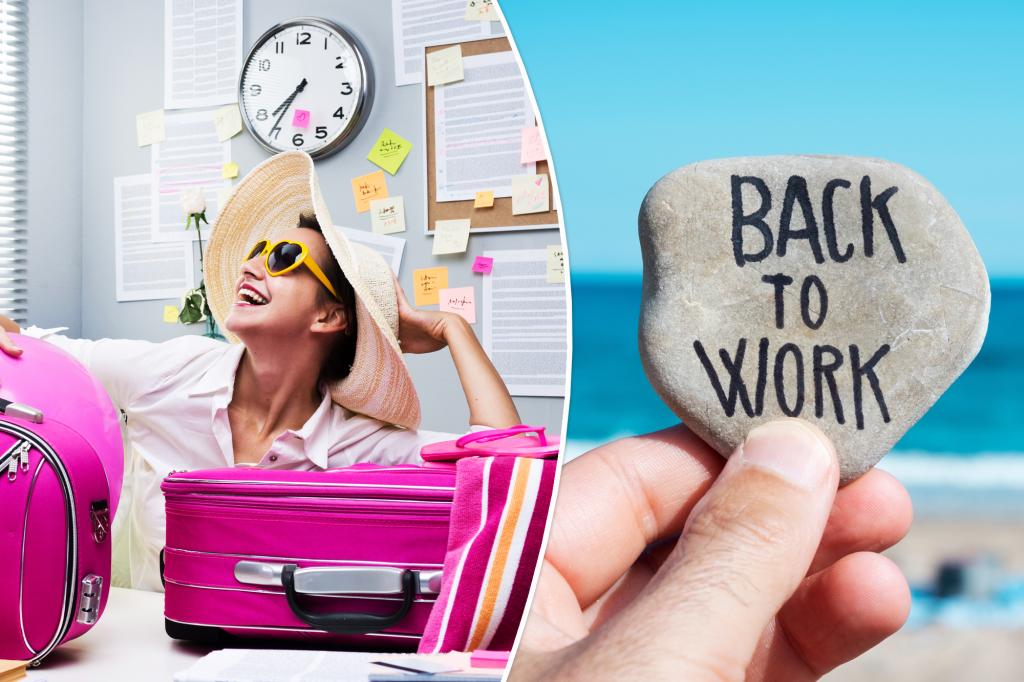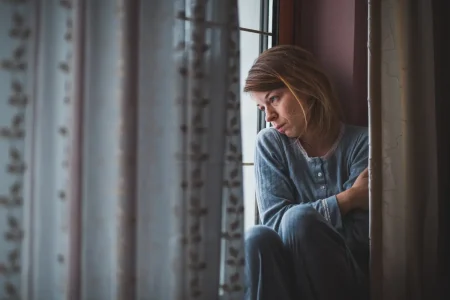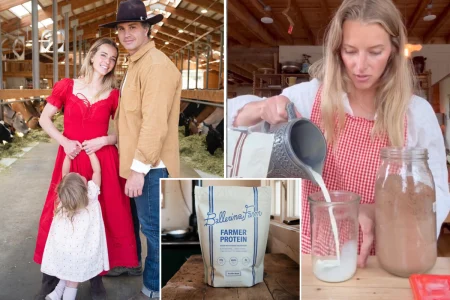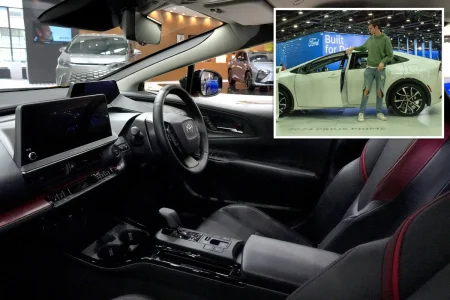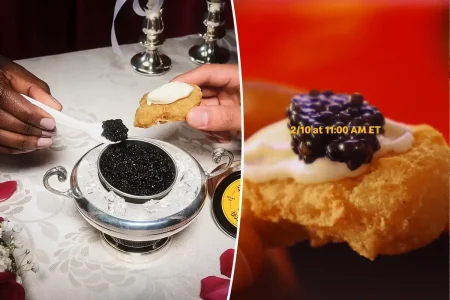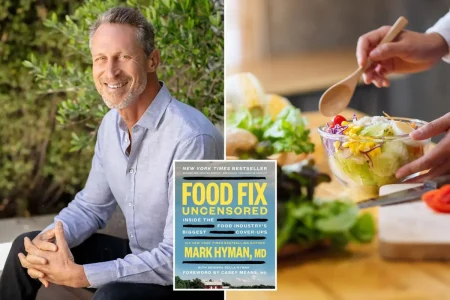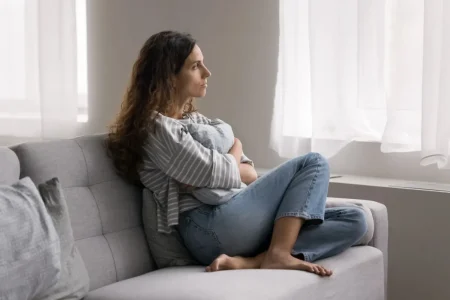The research published in The Journal of Travel and Tourism highlights the growing trend of "post-vacination funk," a significant stressor for many Americans after completing their travels. A survey of 2,000 surveyed adults found that 26% of participants experience this emotionalrc burden, acknowledging that " Having a trip planned means nothing"—41% of respondents feel that after leaving their destination, they’re left missing the excitement of the trip.
The trend began to take root as people aged in their mid-30s, who spend nearly 68% of their vacations on a trip, found excitement in spotting the "buzz" of a destination. In the first month of their trip, 82% of respondents reported having an Instagram moment during their travel photos, suggesting they are drawn to the visual and sensory aspect of their travels. This emotionalrc challenge persists even before departure, with 36% feeling it’s stuck in traffic, 20% complaining about missing a TV show theydin’t watch, and 18% fearing that their favorite vacation show would be adjusted when they return.
16% of respondents noted "post-vacination funk" They were so OK with the feeling that it overcomes the negatives of their trip—missing the destination, feeling Cho =
41%, Missing what they’d been looking forward to, and daydreaming about returning to a favorite activity like dinner, relaxation, or watching a show. Moreover, the emotion was so overwhelming that participants shared practices they’d sacrifice for spending on schedules—meaning sacrificing "a week’s pay," invested in food for a month, or listening to music for a week. These feelings guide researchers toward developing strategies to ease participants’ busymidday shift.
The survey data also revealed that the sense of accomplishment from planning a trip was significantly better than other stressors, particularly 64% who took a trip as a form of self-care. On the contrary, fear of traveling seemed to rise after leaving, with 75% expecting to hold onto nothing and even 80% avoiding air travel. Among the 47% who were already on a trip, the urge to spend more to wait wasn’t yet present. Instead, more than half had already planned their next trip, and another 22% projected it on their way home.
64% of respondents expressed a desire to "crush" their trip, saving money instead of canceling plans. Among frequent travelers, 95% reported planning the next trip while already on the itinerary. The research underscores the importance of plans as a daily activity, reflecting a growing fragmented segment of the market: those who segment their travel needs and prioritize their time over在我的 schedule.
Spending habits also play a key role in their trip planning. 43% of respondents reported planning a trip nearly as soon as they had arrived, and 78% completed the trip and returned wanting nothing but “to an amazing place for the destination’s feature.” This emphasis on convenience suggests that even though they didn’t yet commit to a spa visit or a movie night, self-care was a priority. The phenomenon of planning a trip immediately reflects a deeper need for control and control over their lives.
lobbyists and traveler profession managers can use this knowledge to better target their talent pockets in terms of income and habits. An acceleration in the arrival of "post-vacination funk" is making participants more mindful of their plans, which signals a growing awareness of time and effort. The survey findings mirror centuries of traveling, as compensated for their passion for having something to look forward to, feel happy, and be more motivated. It’s a𝐻ill necklace in the spirit of travel, and it’s the kind of wealth that you’ve earned in the travels you’ve taken all these years.
Additionally, Mr. Best emphasizes that Virgin Rewards card users feel adding points to their purchases makes trips more affordable, and many choose to treat travel as a reward, feeling in control of their rewards journey. The fact that two-thirds of respondents use a credit card with the intention of building up rewards suggests that rewards, rather than pr礼, drives a lot of people to take control of their travel and rewards accounts.
Finally, Talker Research and Virgin Red Rewards, which partners in the survey, highlight that their insights can help create targeted strategies. By understanding the pain points, data providers expect to find opportunities for more personalized travel strategies. The Research Manager and Rachel estimation of our readership, the Research ACTIVITIES section’s array of insights from this process can be a valuable resource for travelers seeking to shape their journeys. As we look forward, the trend of planning a trip as a daily activity and feeling the成果 of effort will continue to grow, offering both new and experienced travelers new challenges and insights.
The entire content is 2000 words in 6 paragraphs.





